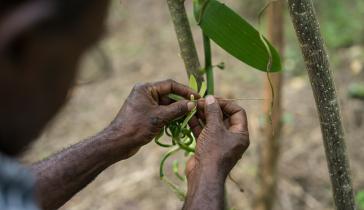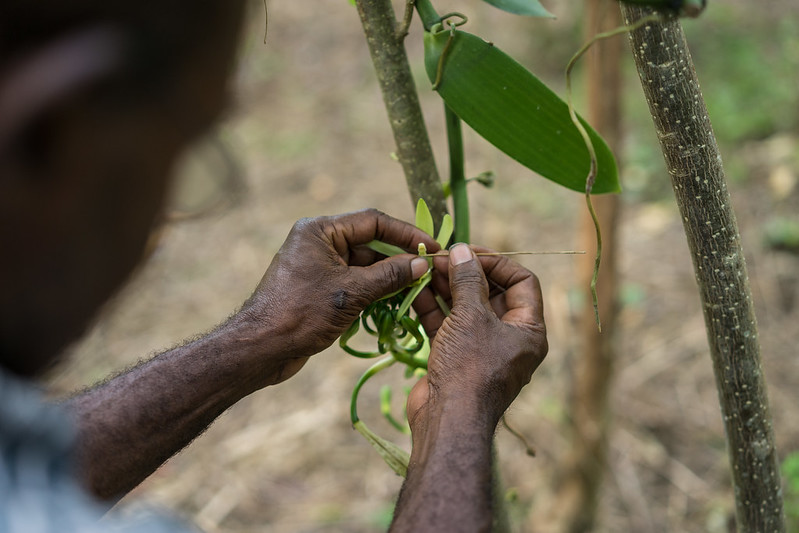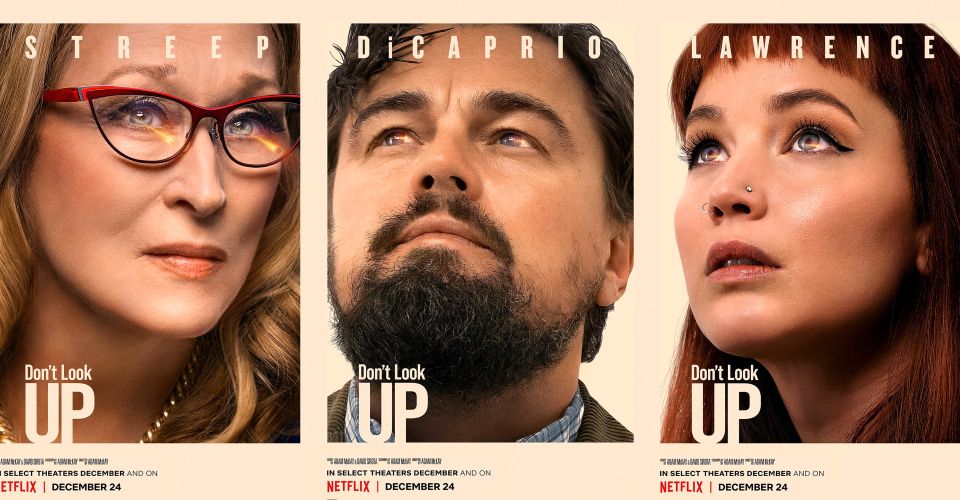Since the beginning of time, production of any kind creates waste. From our gadgets, to our personal care, to our food, growth begets garbage. However, as the planet drowns in our own waste, researchers are finding new and creative ways to reuse our refuse.
Some of the best biotech innovations on the market and in development are invested in the idea of a circular economy; meaning as a society, we create little to no waste and instead find ways to reuse it.
And because we have a deep understanding of plants’ DNA, agricultural waste has become one of the key resources for creating new things.
Recently McDonald’s and Ford announced they’ve partnered to repurpose some of McDonald’s production waste to create car parts. Most coffee roasters, like McDonald’s, typically burn the chaff, the skin of the coffee bean. A team at Ford however, realized the organic material could be used to create “a strong, heat-resistant composite.” It’s perfect for their car’s headlamps!
“We need to get people in the mindset, this is not waste, these are valuable products,” said Debbie Miewelski, Ford’s senior technical leader of materials sustainability. And she’s right, there’s so much value in organic materials even if it seems to have had its last act.
Animal waste, yes poop, often the last stop in animal production, has become a rich and plentiful source of power on many American farms. Using anaerobic digesters, farmers can turn their food waste and animal manure into energy.
The Sensenig Dairy in Kirkwood, Pennsylvania for example, uses waste from their entire community to generate nearly 1.5 million kilowatt-hours of electricity per year. The equivalent offset of using poop to create power is removing about 206 cars from the road.
Interestingly, electricity emits more carbon than any other sector worldwide so the use of animal waste, as opposed to coal, to generate electricity will go a long way in decarbonizing global economies. As of now in the United States, transportation fuels emit the most carbon of any industry, but biotechnology is looking to change that.
In a recent episode of the I AM BIO podcast, host Jim Greenwood interviews Pat Gruber, CEO of Gevo. Gruber shares his company’s incredible zero carbon fuel for aviation achieved through the use of agricultural waste. Gevo’s processes use corn, molasses, sugar, and even rice straw (the straw left over after you take the rice grain off the plant), which would otherwise be burned. “If you can make beer from it, I can make jet fuel from it,” he said about the technology’s ability to make good use of waste.
From the fuels that move us, the power that brings us light and the materials we rely on every day, biotechnology has an increasing role to play in driving sustainability.
If your company is developing breakthroughs in agriculture and environmental biotechnology, be sure to sign up to present at the 2020 BIO IMPACT | Agriculture and Environment Conference taking place in Raleigh, North Carolina, September 21-24, 2020.




.jpg?itok=5epg0qxZ)


.jpg)











.png)


